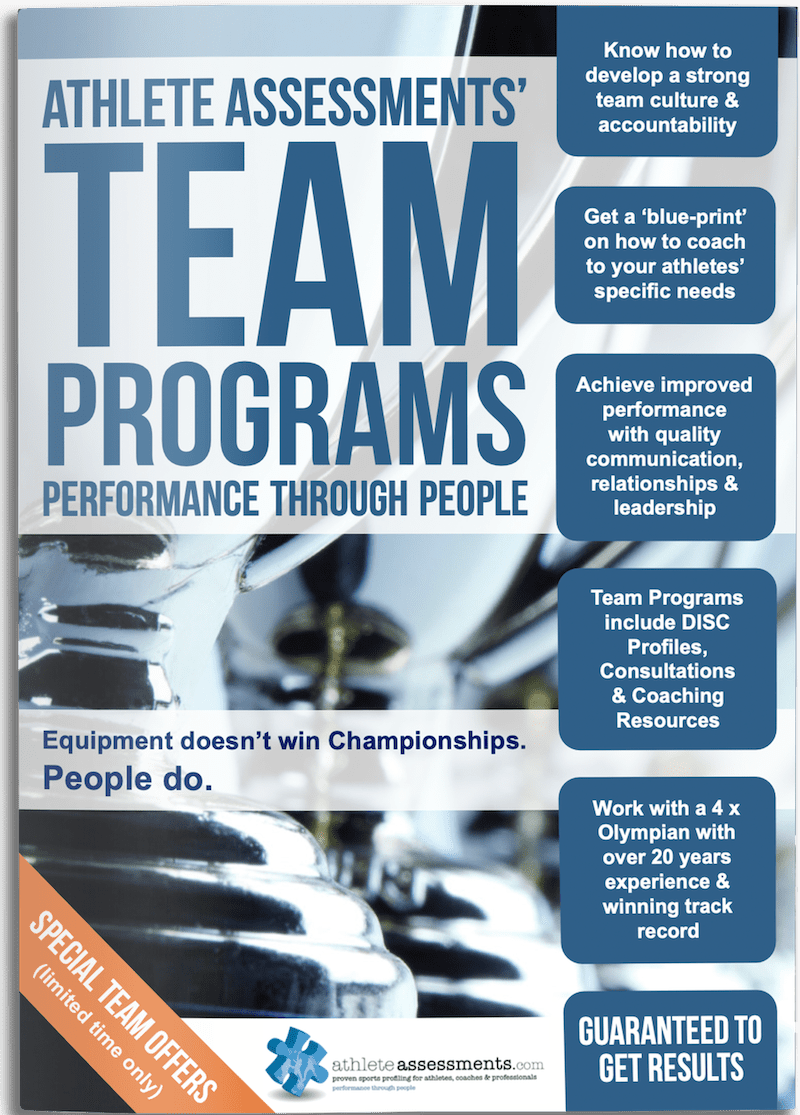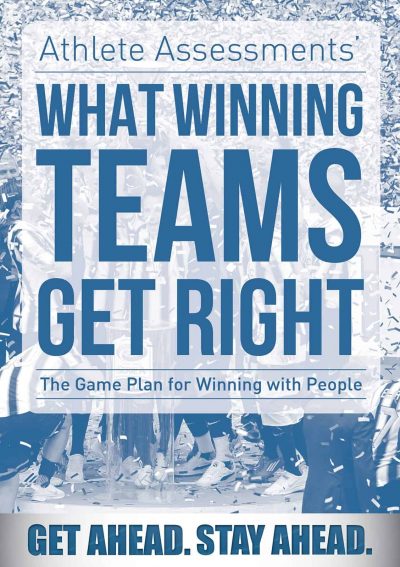“People don’t quit jobs, they quit bosses.” Why? Because they don’t feel engaged in their roles.
We hear this saying often, but do you know the statistics behind it?
There is interesting research, based on a Gallup survey of reasons for people leaving their jobs, which shows nearly 75% of people decided to quit because of their boss or the managerial working environment, and only 35.4% of Americans felt engaged in their workplace. If you think about it, this creates a massive and unnecessary cost to businesses, especially when you consider the cause and the fact that these numbers are fixable.
When we look at Sports Administration and Coaches, there are definitely lessons to be learnt from this research. In sport, we know how important athlete engagement is. We also know that a great Coach-athlete relationship is a key indicator in success. And both of these things are factors that can be influenced. You can ensure your athletes are engaged, just as employers can better ensure their employees are engaged, through using specific strategies.
When looking at statistics for why athletes leave clubs or teams, the numbers are almost as bad as within the workplace.
For example, when comparing the opening day roster in 2014 – 2015 for Major League Baseball, the average turnover of players was 60%. The best team during that period had a turnover of 10/25 players – that’s still 40%! The worst team lost 20/25 of their players!
“Really? 80% of the players aren’t there the next season?”
NFL had similarly unfavorable statistics, and a study done between 2011 – 2012 showed just 25/53 players stayed on the roster in the best team, and only 7/53 stayed on from the worst rating team.
“7 left! That’s just crazy. How must those last 7 feel?”
These are all big numbers. In fact, they are horrendous numbers!
Fortunately, as a Coach you can overcome these issues and retain great people on your team. Like anything, if you put the effort, time and resources into it, you absolutely can make sure your athletes are engaged and turn this around to gain the competitive advantage.
If you look at the numbers, you don’t even need to do THAT much to beat your competition!
Take a look at these statistics, at your own team and your successes and losses, what do you notice?
Equipment is equal among competitors, physical conditioning programs are indistinguishable and game or race strategies are often duplicated.
“The only true competitive advantages are gained by investing in the mental and emotional skills of your people, and their relationships with each other.”
Here are some strategies you can try to ensure you keep the best players on your team and assist them in feeling more engaged:
- * Get to know your players. If you are in management, get to know your team. For those who haven’t seen it yet, we suggest you watch the movie Blind Side. It has some great example of this.
- * A Coach-athlete relationship is defined by the quality of understanding, respect, trust and predictability that exists between the Coach and their players. And it has been found to be a key performance factor for any athlete. There needs to be a productive rapport between the Coach and the athletes. When the mutual respect doesn’t exist, the Coach-athlete relationship is impacted and the level your athlete feels engaged suffers which in turn leads to a decline in the athlete’s performance, or a player leaving a team and/or Coach.
- * Coaches benefit from learning how to develop flexibility with their coaching style so they can appeal to their athletes’ individual needs. We call this, Athlete Centered Coaching. When the coaching (or leadership) style is incorrect for the given individual and situation, then disengagement eventually occurs. Preventing an athlete from becoming less engaged is about treating athletes as individuals according to their specific needs. This requires the Coach to understand themselves and their preferred coaching style, as well as their athletes to the same degree.
- * Athlete engagement is a critical concept for all Coaches to understand. Having engaged athletes can mean the difference between a win and a loss, keeping the best players on your team or losing them. We know that committed, self-motivated and enthusiastic athletes generally train smarter, harder and more consistently than those athletes who lack these qualities. Engaged athletes, the ones whose hearts and minds are committed to their sport, their Coach and their team, give their best in training and competition and achieve better results.
- * Coaches achieve higher levels of engagement by creating an environment and culture where athletes are rewarded, recognized engaged, and valued for being self-motivated, committed and enthusiastic.
Why should you engage your athletes?
- 90% of student-athletes said coaching staff was very important in determining which college to attend.
- 42% of student-athletes would not consider a future in college athletics due to poor Coach-athlete relationships.
- Professional football teams have an annual player turnover rates of up to 50%.
- Harvard Business Review estimates that making poor hiring decisions can cost a company as much as 3x an employees’ annual compensation package.
- Best employers had an 83% higher total shareholder return compared to average companies.
- Companies who invested in making sure their leaders are engaged had a 29% higher operating profit.
- Engaged people contribute up to an additional 30% discretionary effort.
- Nearly one-third of all athletes end up quitting between their sophomore and junior years.
- College athletes said the main reasons for leaving a team included changing interests, lack of playing time, injuries, and coaches’ decisions.
At Athlete Assessments we’re here to provide you with excellence in service and to help you be your best. If there is anything we can do to be of service, don’t hesitate to contact us.









